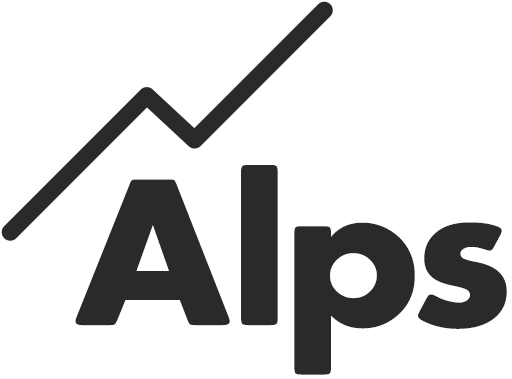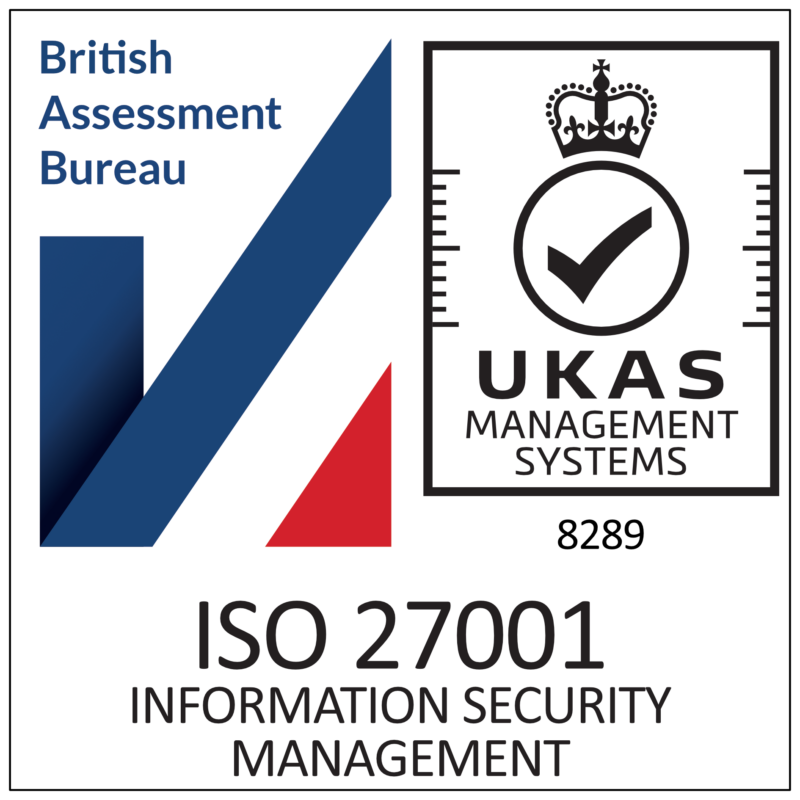Hitting the ground running in September 2023 – Setting priorities for Y11 as a KS4 Leader in England
By John Philip, Alps Senior Education Consultant
If you are a senior leader in a school, you will be urgently reviewing your 2023 examination results. Now that the Autumn Term is underway, here are some high-level reflections from Alps on setting priorities for your Y11 in 2023-24.
Understand your context: the 2023 results.
This year, 2023 GCSE results in England were brought back in line with results in 2019. Table 1 shows the high-level changes in results performance over the past 4 covid-impacted years.
Understanding this context is vital when looking at your results this year.
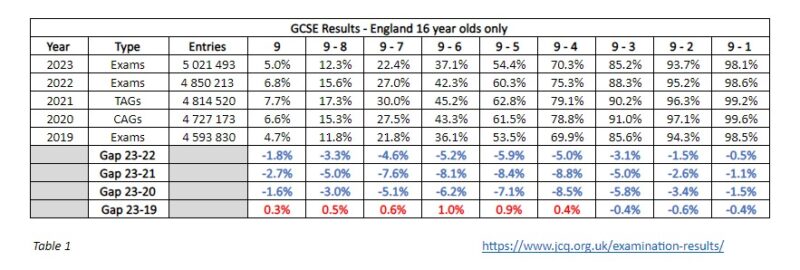
We were told, and all anticipated, that our results would be lower this year compared to last, and this has happened. However, we can also see now in Table 1 that at 9-3 and below, results in 2023 were awarded slightly lower than in 2019.
In addition, the fall in comparative performance in England was far steeper than in Northern Ireland but higher than in Wales, where A*-G results were set at a midway point between 2019 and 2022. Table 2 shows the comparative results:
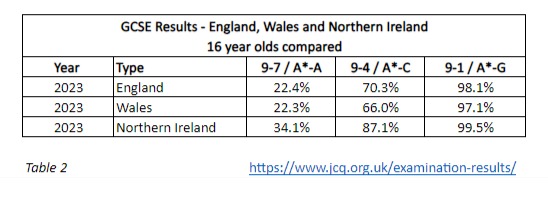
In addition to the national differences, we can also see that the gaps in regional performance were significant again in 2023 – see Table 3.
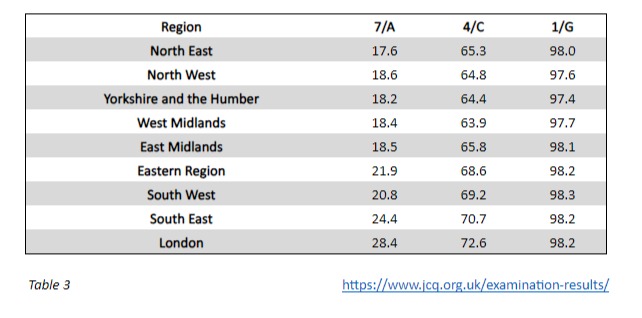
So, how does your school’s performance compare with these national and regional figures?
Understand your context: Progress 8
Attainment 8 (A8) estimates based on lower 2023 results will not be as high as the validated 2022 A8 estimates because the national results are lower in 2023. Using these will, therefore, give a more ‘pessimistic’ view of your 2023 P8. The Progress 8 scores in Alps Connect on Results Day were benchmarked against the validated 2022 A8 estimates, as these were what were available. In early September, Alps then re-calculated these estimates based on their 2023 Client data and released updated P8 values. This will give a good indication of performance against the 2023 results. However, it is worth noting that we know that the outcomes from Alps client data are slightly higher on average compared to national figures each year, perhaps a reflection that many schools that use Alps are focusing effectively on continuous improvement. Because Alps schools achieved better P8 scores in 2022 than nationally, it means that our 2023 client benchmark may also give a slightly more pessimistic P8 score compared to the unvalidated P8. Table 4 below compares the % of Alps 2022-23 clients with positive / negative 2022 P8 scores with the national figures.

Once the DfE release the unvalidated 2023 A8 values and the provisional P8s in October, Alps will be able to update P8 in Connect.
Understand your context: Alps value-added.
Value-added systems measure progress against a standardised starting point. Measuring progress is a fairer and more aspirational view of performance than reviewing raw attainment alone. By looking at a value-added analysis of results, you can see how students with the same starting score compare in their outcomes, both by student and by subject, against set benchmarks.
The benchmarks
During ‘normal’ times, Alps uses the full national DfE dataset to create benchmarks against which schools and
colleges can compare their performance. The DfE has not released data on which to create benchmarks since 2019,
due to covid, so the latest National Benchmark is from 2019.
This year, as we did last year, Alps is offering an additional current client-based benchmark against which to evaluate your value-added performance. Alps users can simply choose in the Alps Connect platform which benchmark you want to view your results against, the 2019 DfE benchmarks or the 2023 Alps client benchmarks.
The practical implications of which benchmark to use
On Results Day your Alps Connect analysis was calculated against benchmarks created from the 2019 DfE data. This was the most appropriate benchmark because we knew that 2023 results were being brought back by Ofqual to 2019 standards.
However, using the 2019 DfE benchmark is imperfect – Students in the 2023 cohort achieved KS2 scaled scores which were awarded differently to the KS2 Levels that students who took GCSEs in 2019 had received. To give one example, far more students were HPA when KS2 Level 5 was the HPA criteria than since a scaled score of 110+ has been the criteria. It is worth noting that the 2023 Alps client benchmark is slightly more demanding than the 2019 national benchmark for students in most Prior Attainment (“PA”) bands. Table 5 shows an extract comparing the 2019 DfE derived Minimum Expected Points (“MEPs”) with the 2023 Alps client figures.

The impact is that the Alps 2023 client benchmark is likely to reduce the Alps value-added for schools compared to the 2019 national benchmark. Once Alps receives the national validated DfE data set in the Spring of 2024, Alps will use this data to create finalised 2023 benchmarks.
So, the new questions for leaders this year are: How did your school perform against these two benchmarks, and which one are you using to review performance and establish priorities?
Key questions and suggestions for this time of year:
When asked by colleagues in schools and colleges, I recommend that you set priorities based on your school or college’s performance in 2023.
Key questions should include:
1. What strategic priorities emerge from your raw results?
2. What strategic priorities emerge from your P8 / value-added?
3. Was the performance of any significant student group concerning? For example, by prior attainment, by gender or ethnic group.
4. Which subjects performed best and least well in 2023?
5. Which subjects predicted final grades most or least accurately in 2023?
6. Which subjects had inconsistent performance at teaching set level?
Using the answers to these questions, the next big question emerges: What are you doing right now, as a result of your analysis, to try to consolidate strengths and eradicate weaknesses in 2024?
Setting priorities based on your new Y11’s end of Y10 data.
When working with schools, the questions I would be asking include:
1. What strategic ‘data’ priorities had already emerged before the end of the Summer Term?
2. What priorities relating to attendance or attitude to learning or mental health etc were a significant issue during Y10?
3. Which other priorities are now in place because of any disappointing surprises in terms of 2023 KS4 results?
Y11 – My 7 Top Tips at this time of year
The academic year often begins with in-depth evaluation of results in Raising Standards meetings with subject leads. Perhaps in 2023 these meetings need a focus on current Y11, where they appear to be based on Y10 assessment and how best to move forwards effectively.
Top Tip 1: At Alps we suggest uploading a Monitoring Point Zero (MPZ) at the start of Y11. Essentially this is your final Y10 assessment data but adjusted so Y11 teachers can see their Y11 set’s baseline based on end of Y10 performance.
Top Tip 2: As always, there is much that we do not yet know and will have little ability to control. I recommend you prioritise those things you can control, such as the quality of teaching and learning, the quality of guidance and support, and the quality of your leadership at all levels.
Top Tip 3: Create a realistic assessment timetable with subject leads to enable students to practice and master the skills required in examinations.
Top Tip 4: Use Alps Connect effectively throughout the year to help identify subjects, sets, student groups and students for support (& praise). Note for Alps users, if your skill at using the platform is rusty or you want more practical detail, we have a lot of support. Visit our Knowledge Base for our new Explorer series, a set of mini-videos on using Alps to best effect, and join our Champions Webinar programme, where I, or another of our educational experts, look at the pressing focus for each term, the key questions, latest updates and suggestions on how to use Alps to support you. You can also book in a free health check or you can always call the office to speak to one of the team about additional support we can offer.
Top Tip 5: As well as maths, both English and all science, I recommend a sharp focus on the other subjects taken by larger cohorts of Y11 students, as these subjects will have the most significant impact on this cohort’s outcomes and post-16 pathways as well as your P8 and Alps VA.
Top Tip 6: Do all you can to be relentlessly positive both with your students and their teachers– at the start of the year and throughout.
Top Tip 7: Your top priority must involve putting the students’ needs and interests first, aiming for each to reach their potential and, perhaps crucially, to achieve positive post-16 pathways (again, for Alps users, check out our Champions resources on our Knowledge Base for practical ways to use Alps to help to do this).
Tracking Y11 in Connect during 2023-24
During 2023-24, we will continue to use the 2019 DfE national data set for you to track progress against, as it seems certain that 2024 results in England will be set to this standard and that results in 2024 will be very similar to 2023. Alps users will also have the option to use our 2023 client-based data set for tracking and monitoring. It is worth noting that, unlike the 2019 DfE data, the prior attainment in the Alps client benchmark is now KS2 scaled scores
rather than Levels. It will be up to each school to select whichever benchmark set you feel is most appropriate for you.
Whichever benchmark you choose to use we have adjusted the KS2 Prior Attainment bands to align more closely with the DFE’s KS2 scaled score HPA / MPA / LPA banding going forwards. In addition, after Results’ Day in 2024, we will analyse client data in August and, if necessary, again make analysis
based on our client benchmark available to schools.
Tracking Y10 in Connect during 2023-24 – what is your baseline?
In the Guide to Secondary Accountability Measures (April 2023) all the DfE state is ‘As primary tests and assessments were cancelled in academic years 2019/20 and 2020/21 due to COVID-19 disruption, there will be no KS2 prior attainment data available to use to calculate Progress 8 when the relevant cohorts reach the end of KS4 in academic years 2024/25 and 2025/26. We will explore whether there are any alternative options for producing a progress measure in the affected years and will announce our approach nearer the time. This will not necessarily follow the approach we are taking for 16-18 value added measures in 2021/22.’
If the DfE do announce a P8 methodology for Y11 2024-25 and Y11 2025-26, Alps will obviously ensure that schools are able to track progress using that for current Y8 and Y9 in KS4. If, however, as with Post-16 VA in 2022 and 2023, the DfE decide not to publish P8 and rely on A8 and the Basics as headline measures, at Alps we are confident that you will still want to track progress in KS4 for current Y9 and Y10.
Final note – Options for Y10 baselines
There are three main options we suggest in lieu of missing SATs scores for current Y10:
1. If your students sit CAT tests, you can input the CAT scores directly into Connect this year as your baseline
2. If your students have sat MiDYiS tests, we also have a conversion table to use these scores in Connect
3. If you are a school that does not use CAT or MiDYiS testing, our suggestion is that you could adopt a ranking system for each of current Y9 and Y10 at the start of KS4, based on:
a. Calculating your typical percentages in each scaled score band in prior years, to provide an average to apply to the current Y9 and Y10. For example, create the average for your school based on a selection of Y11 2022, Y11 2023, Y10 2023 and Y7 2023.
b. Rank the students in each of your new Y9 and Y10 cohorts based on academic potential. You might wish to refer to:
iii. Reading ages
iv. KS1 SAT results
v. KS2 Teacher assessment (where available)
vi. Baseline maths and English testing
vii. Teacher assessment in KS3 – perhaps using maths and English as the key indicators.
c. Align the ranked students with your typical profile percentage students in each band.
The main point is that doing this gives you as robust a system as possible to track progress from, regardless of
accountability measures.
About the author: John Philip
 John started working with Alps in 2008, while he was working at Little Heath Comprehensive School. At Little Heath, John used
John started working with Alps in 2008, while he was working at Little Heath Comprehensive School. At Little Heath, John used
Alps to achieve top 2% performance in value-added terms. He also worked with schools regionally and nationally through the
Raising Achievement Partnership Programme. Since leaving Little Heath in 2010, John additionally works as an associate for
22 secondary schools through PiXL.
This blog is a companion piece to our Alps webinar ‘Hitting the Ground Running: KS4 England’ which goes out live at 3:30pm on Wednesday 4th October. This webinar will also demonstrate how to use Alps Connect most effectively when tracking progress.
For Alps users – to register go to your Connect Homepage and click on “Book your Webinar space” for a full list of our free Champions Webinars. If you are not an Alps user and would like more information about how we can support you, please contact us at [email protected] to speak to one of our friendly team.
Need more information?
If you would like any further information, please contact one of our expert advisers.
